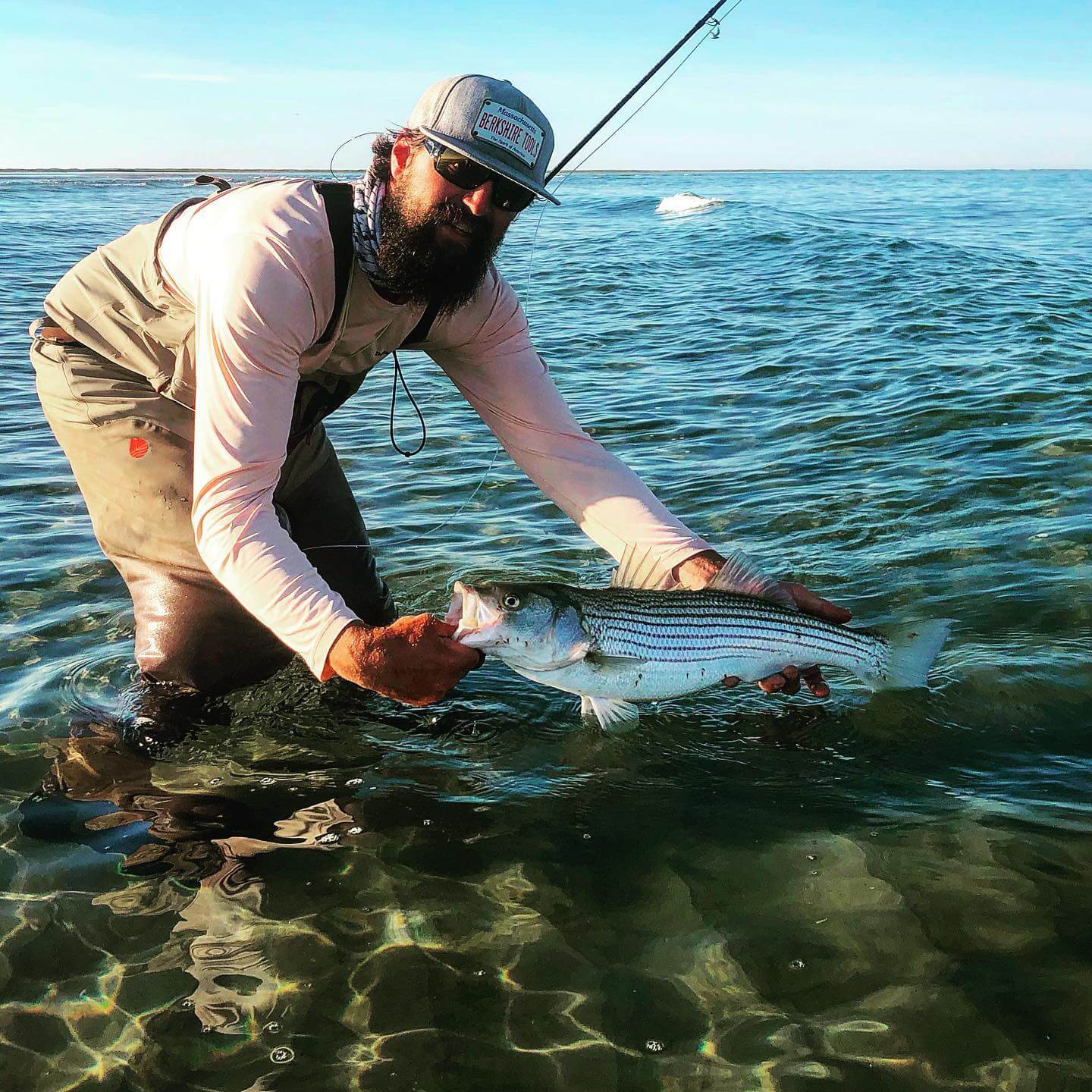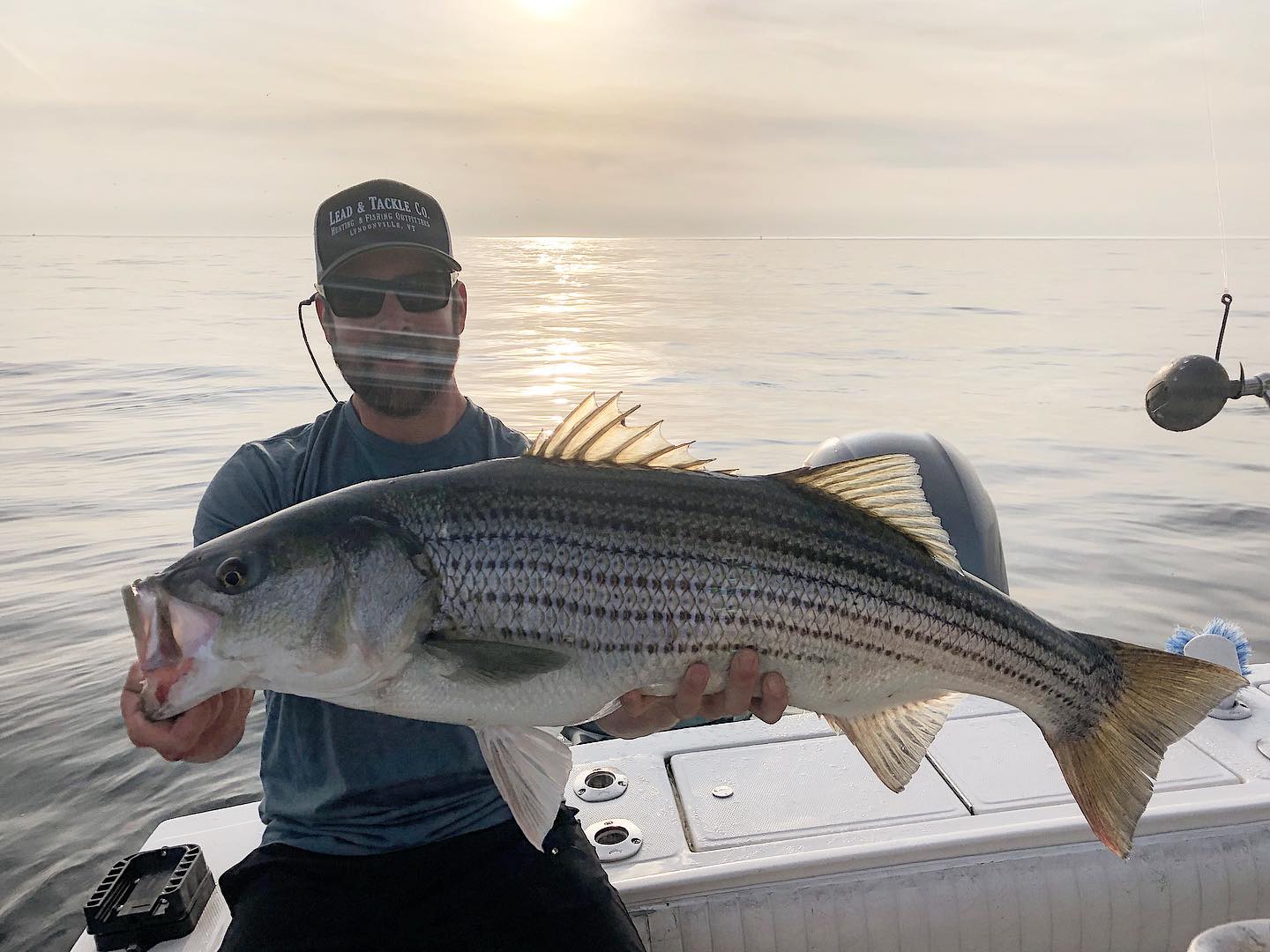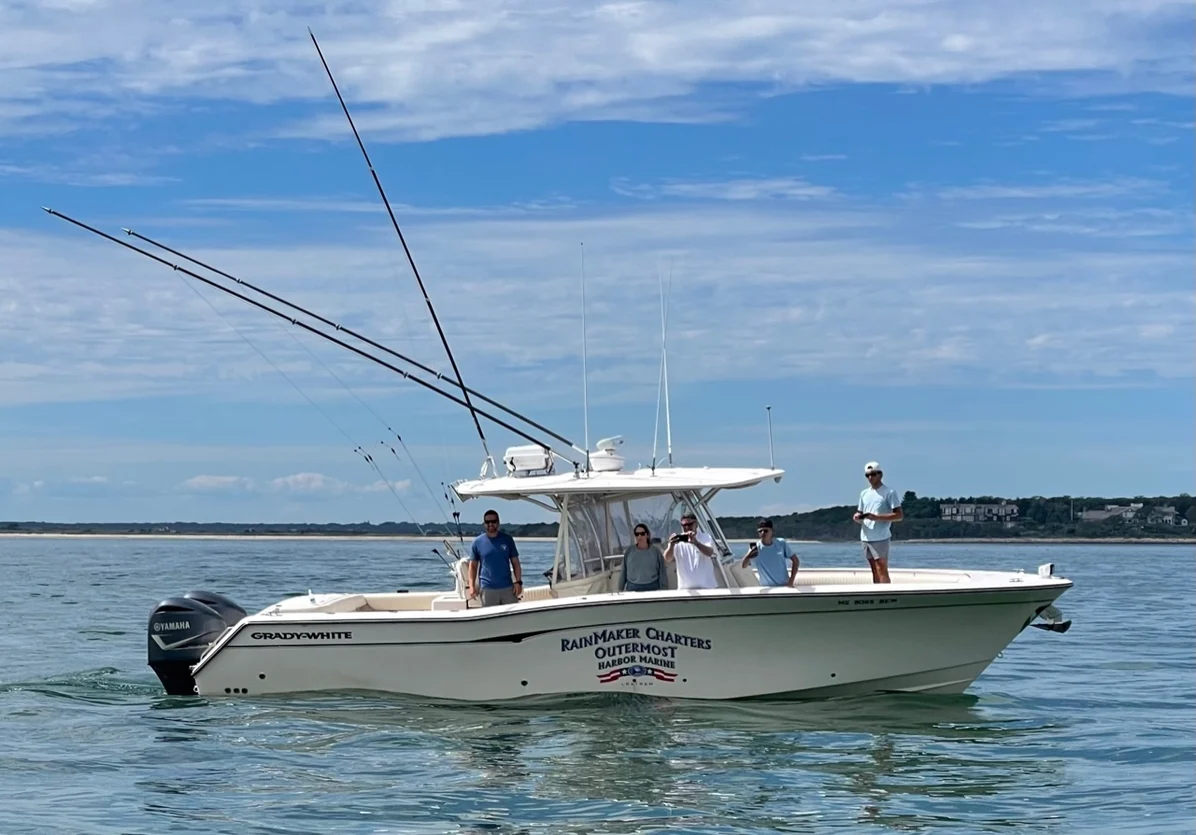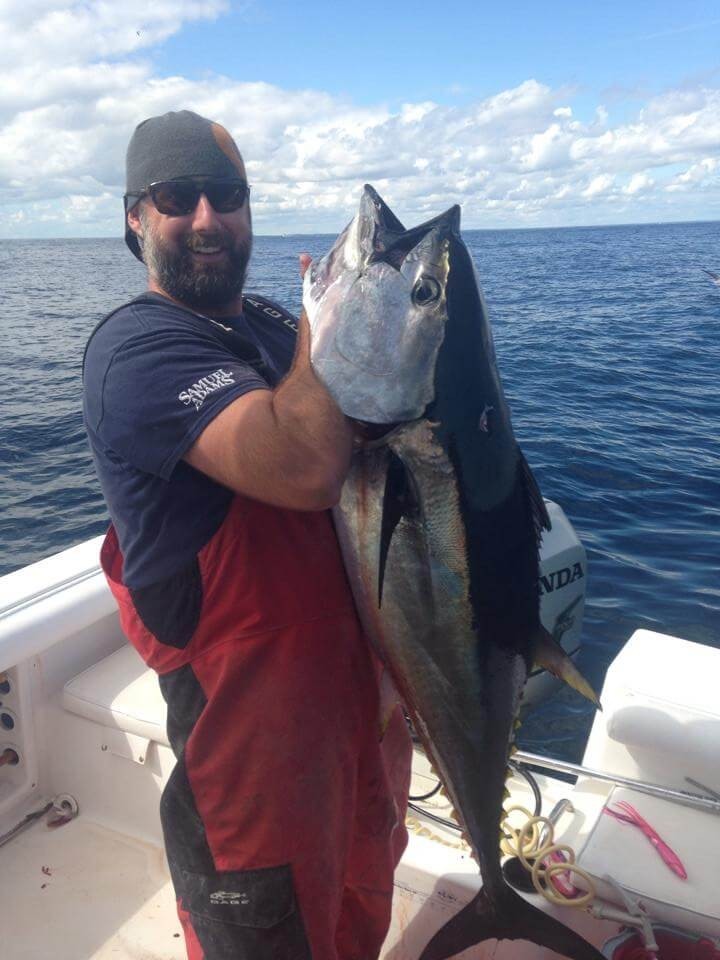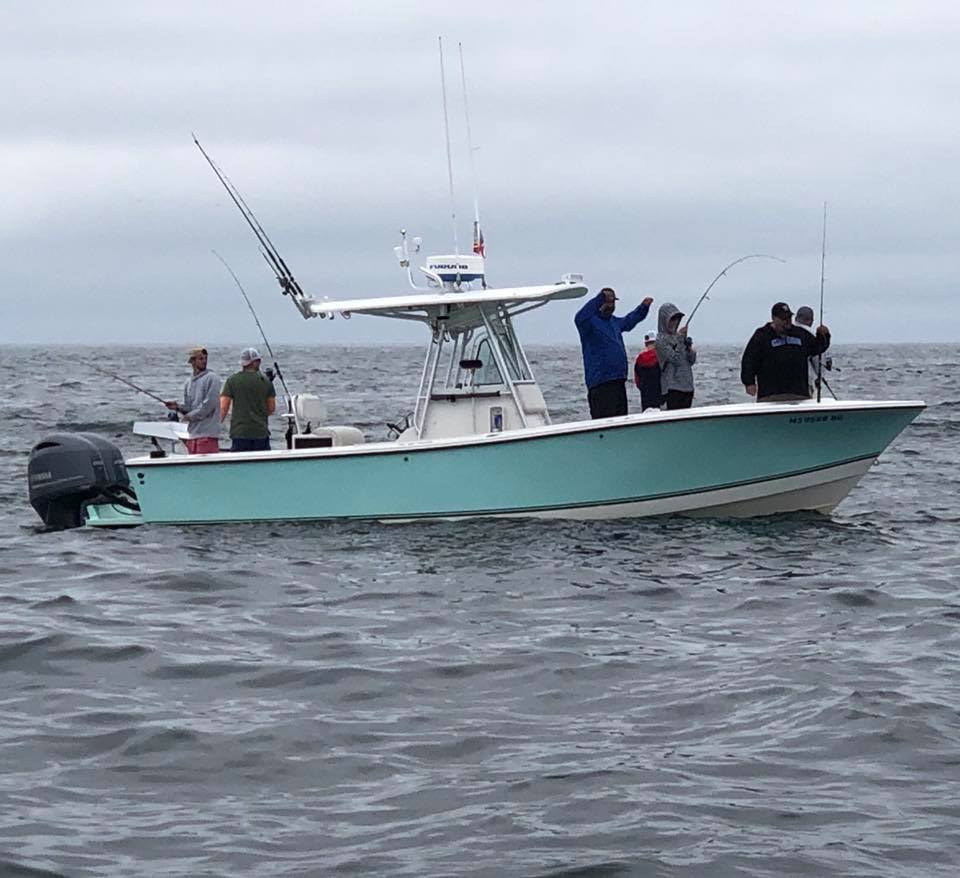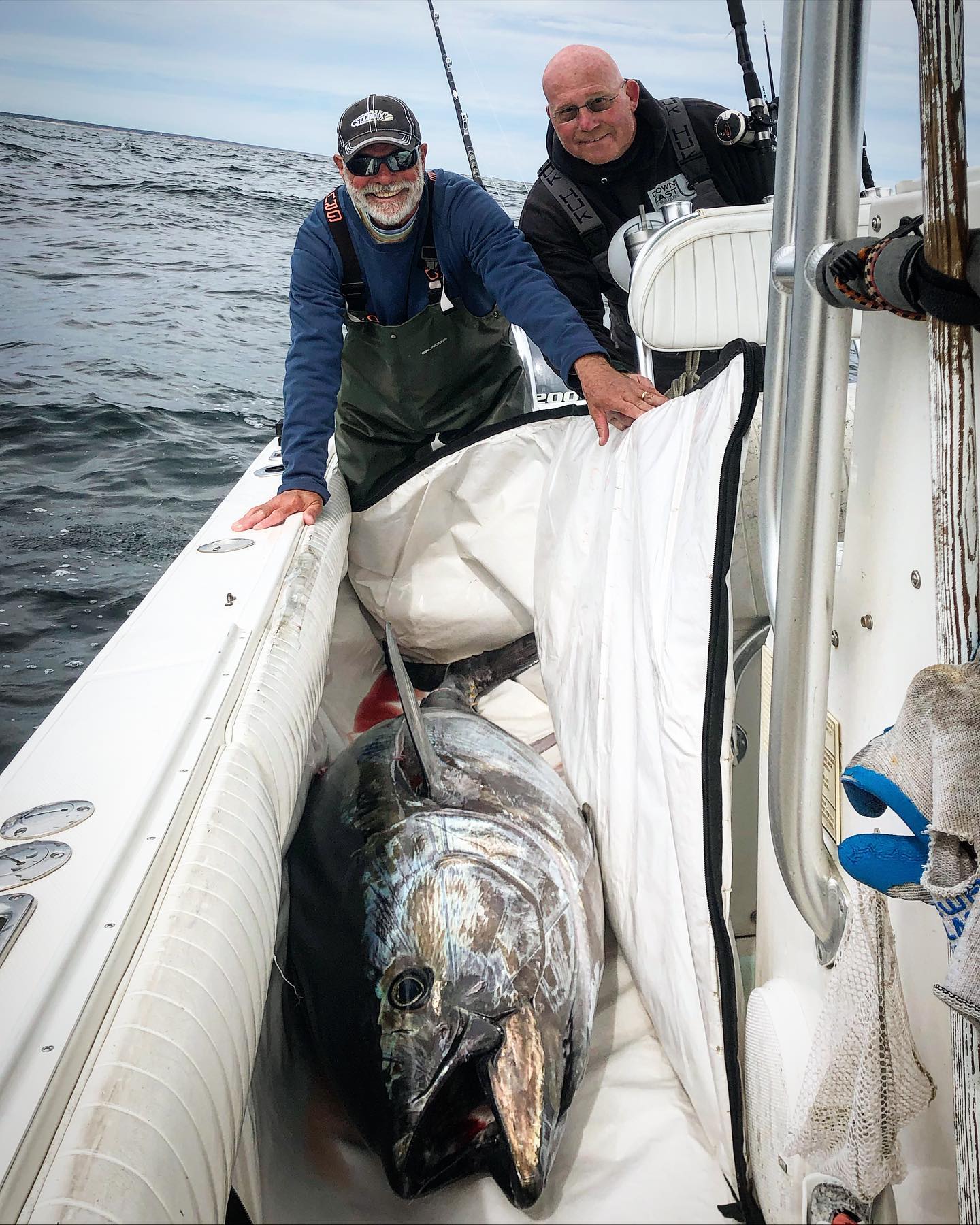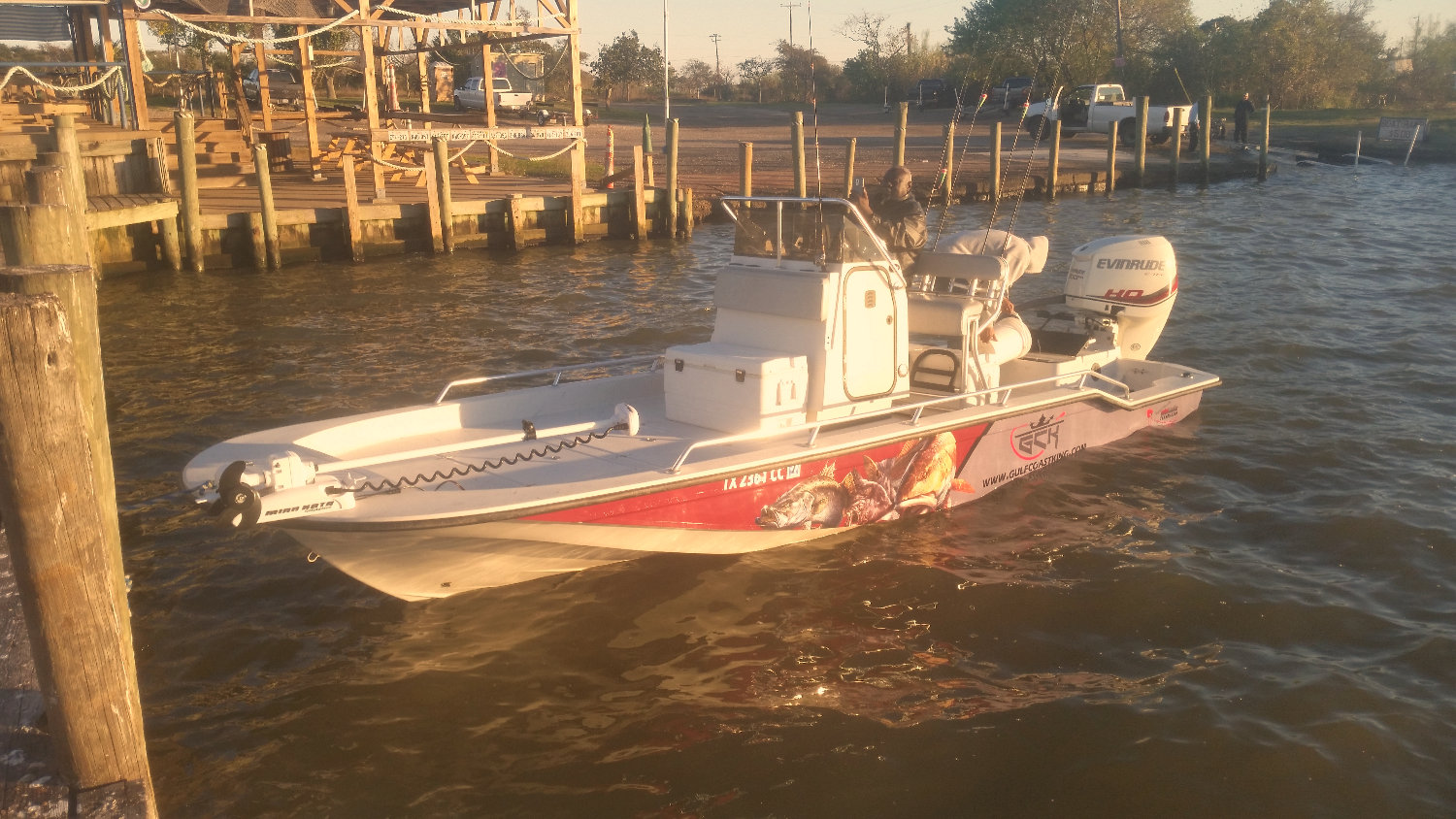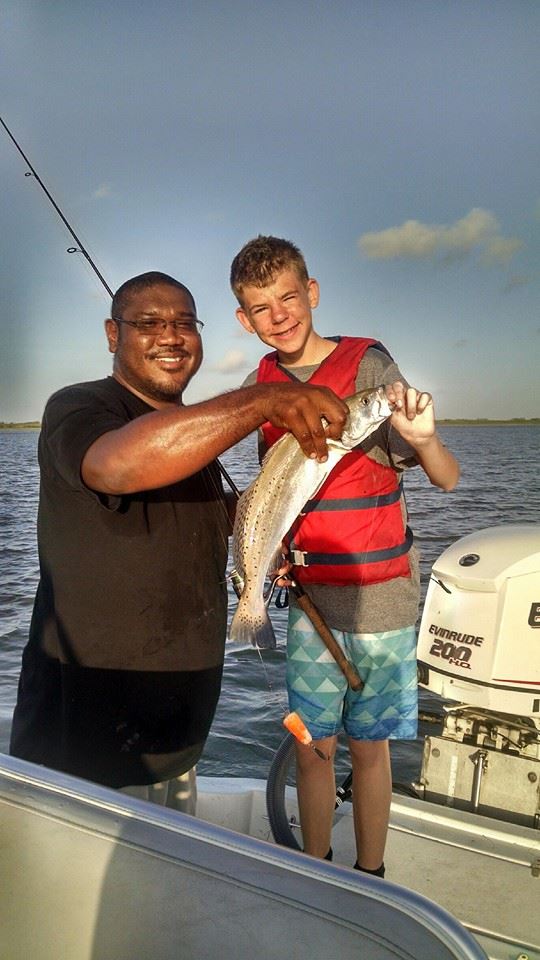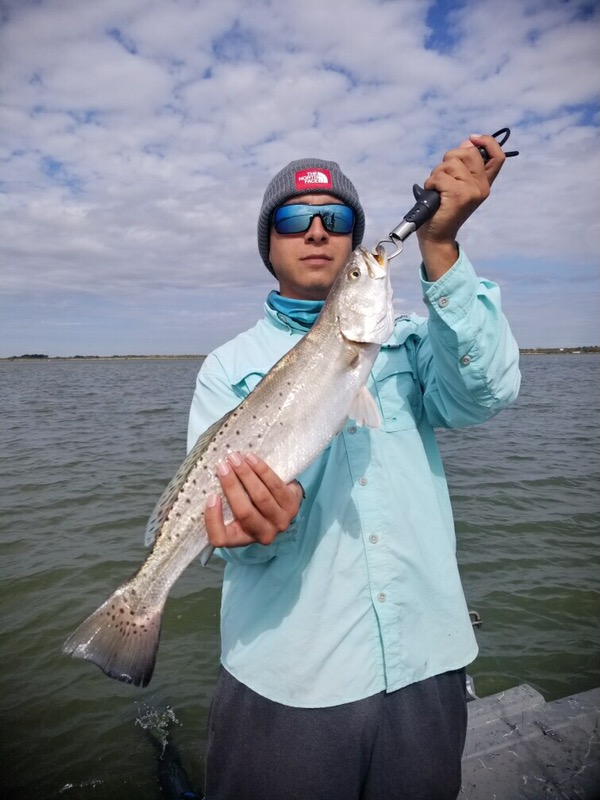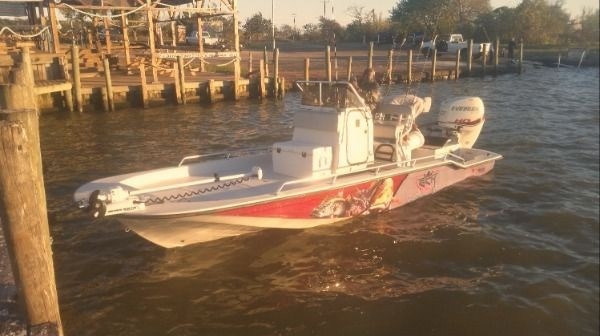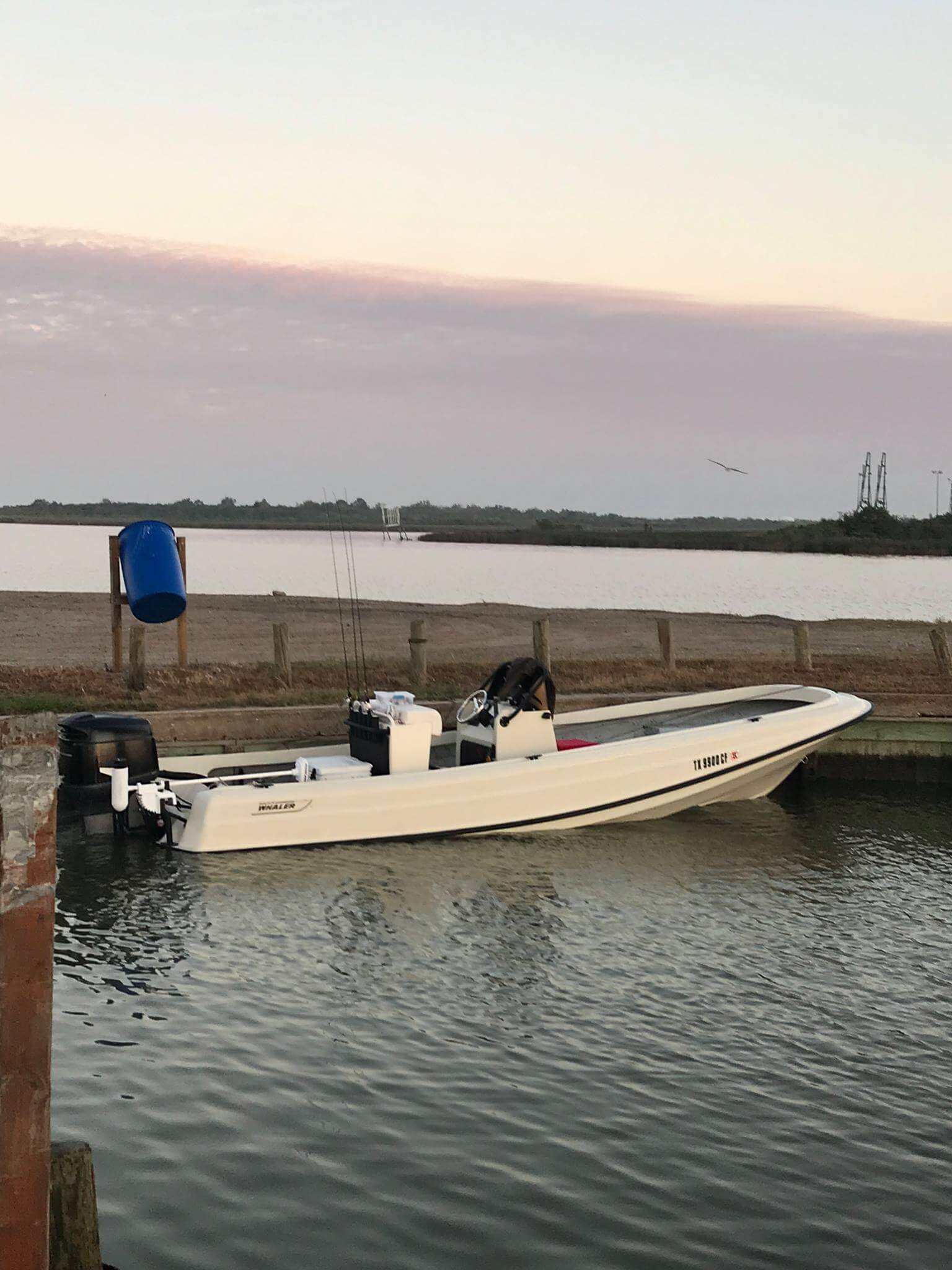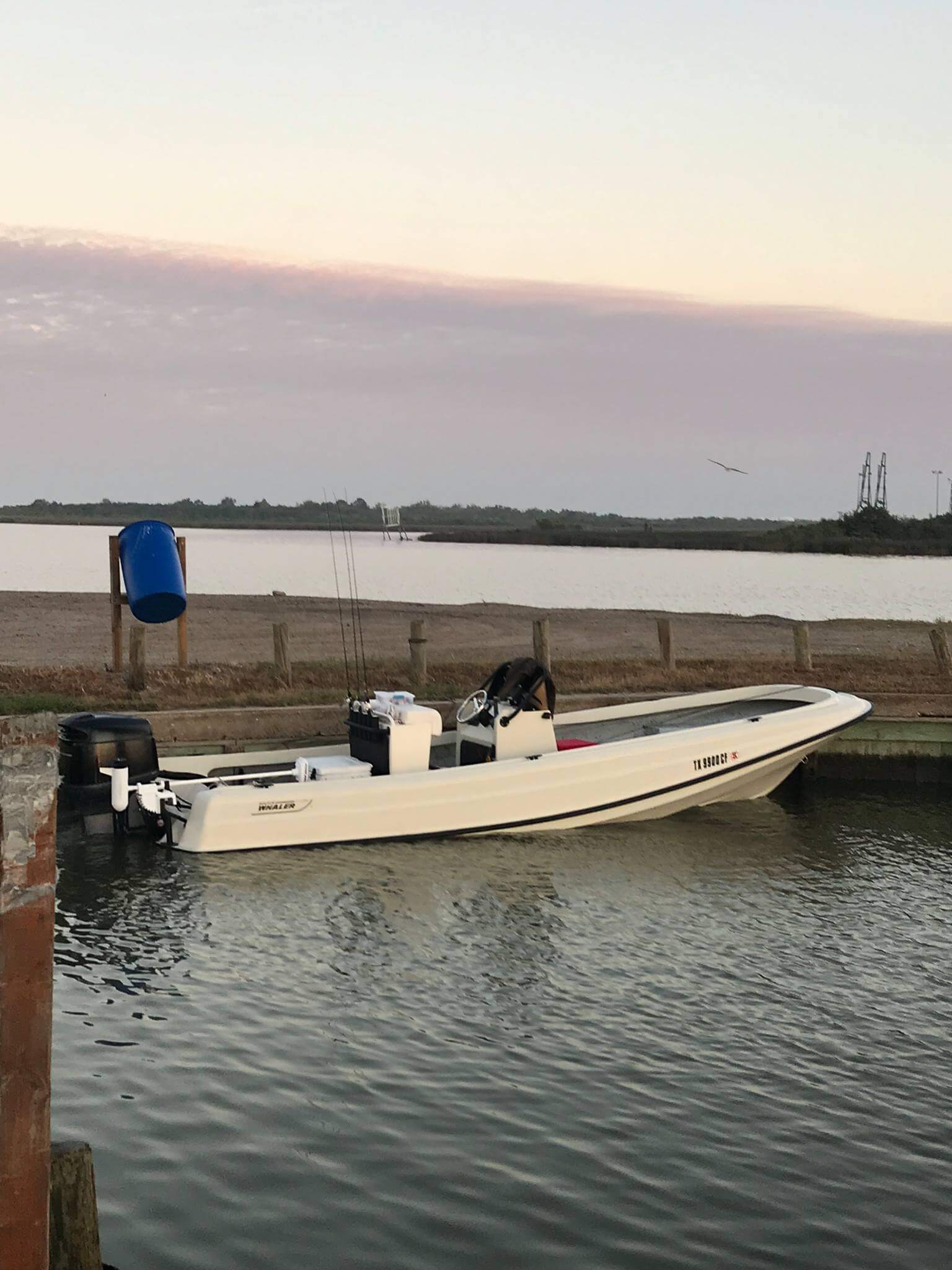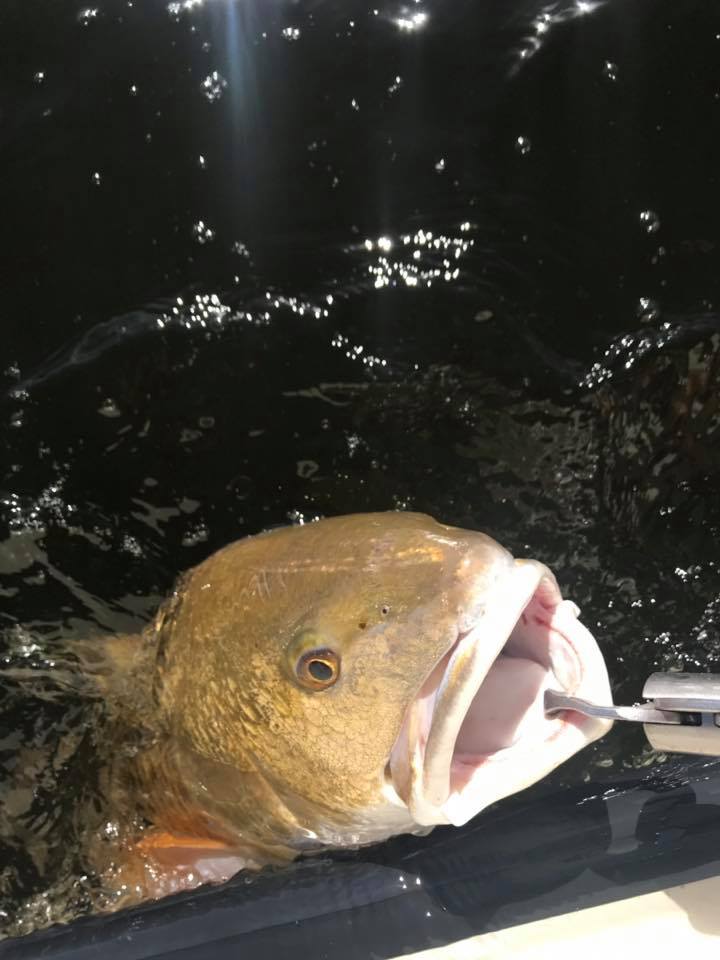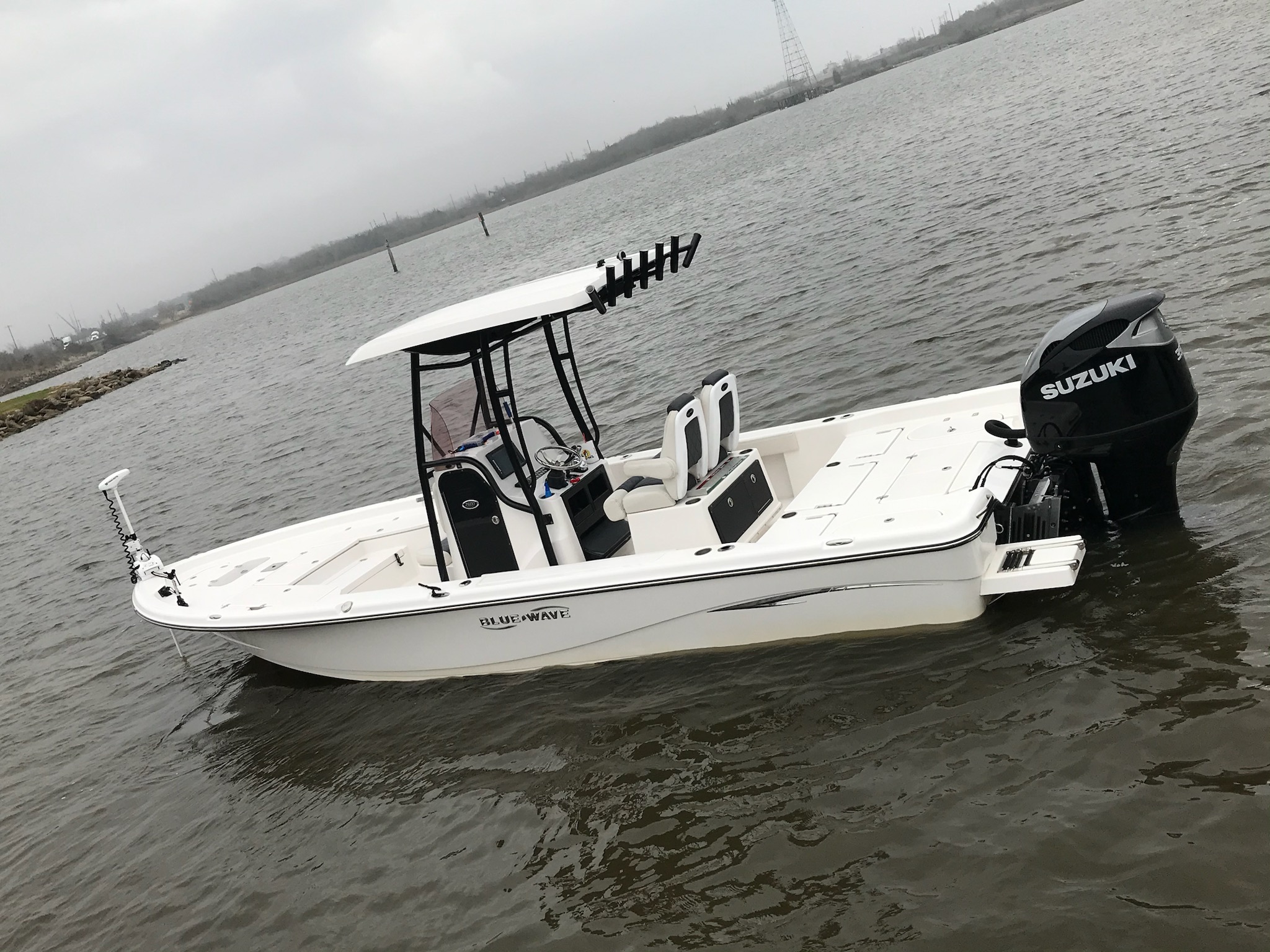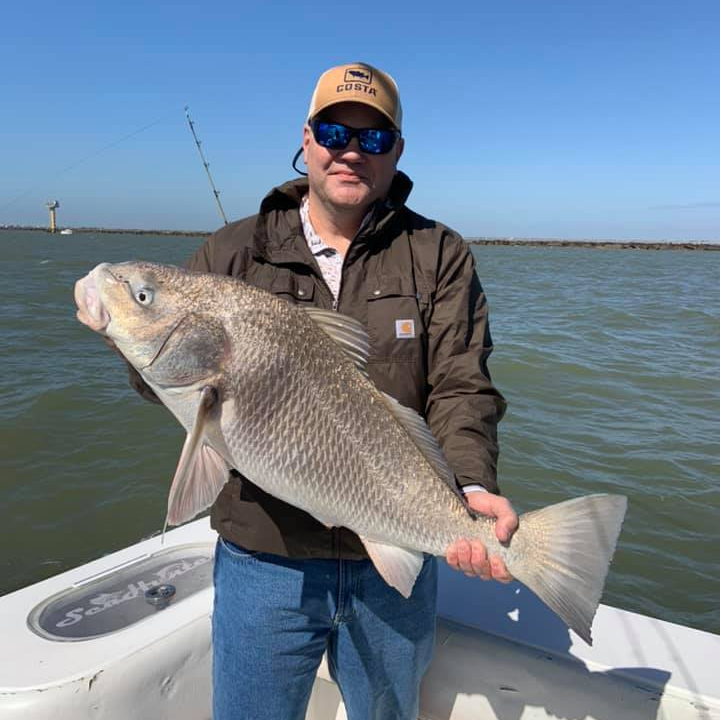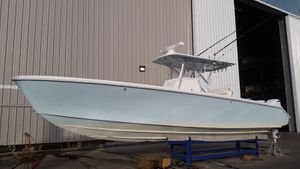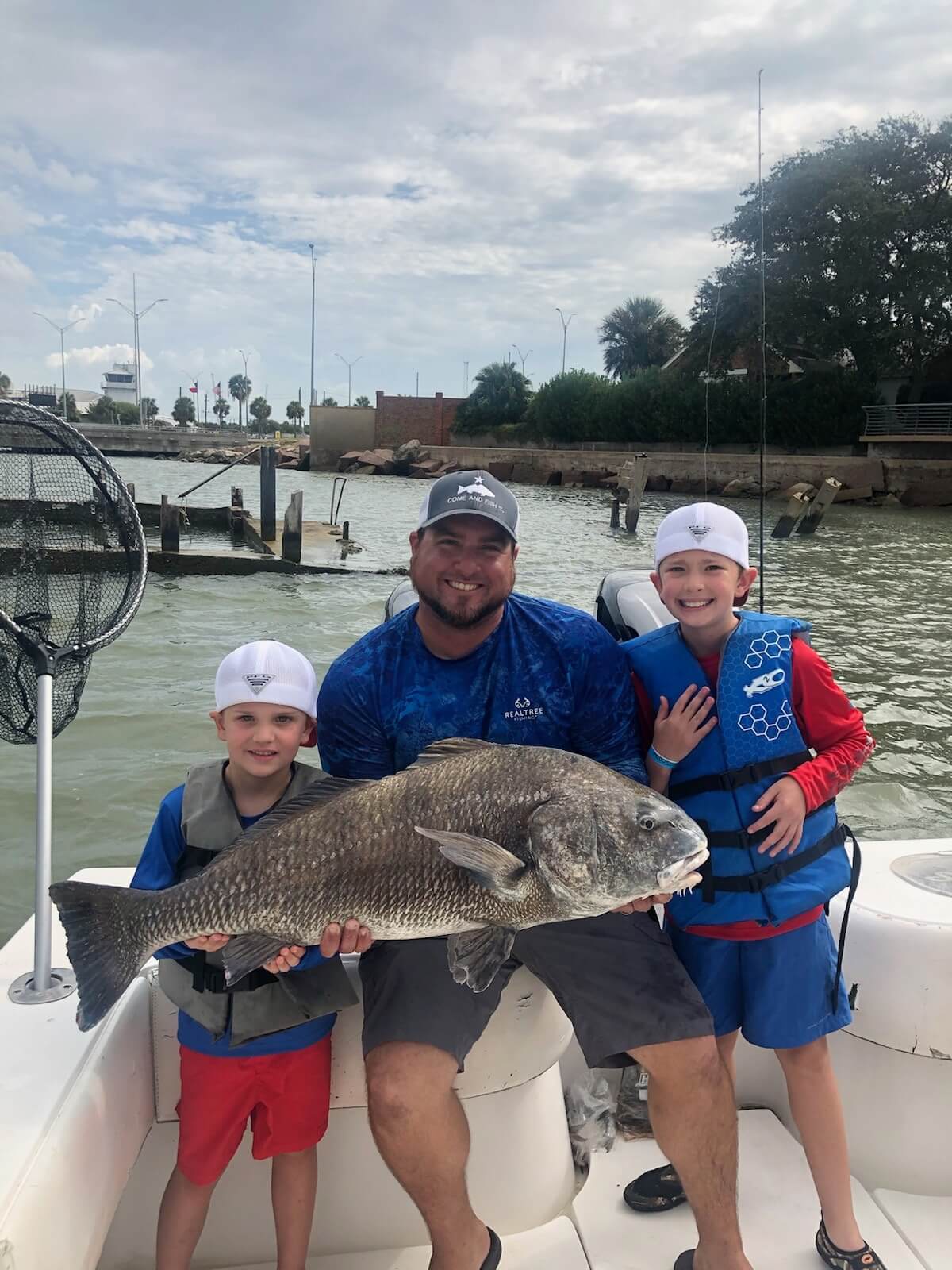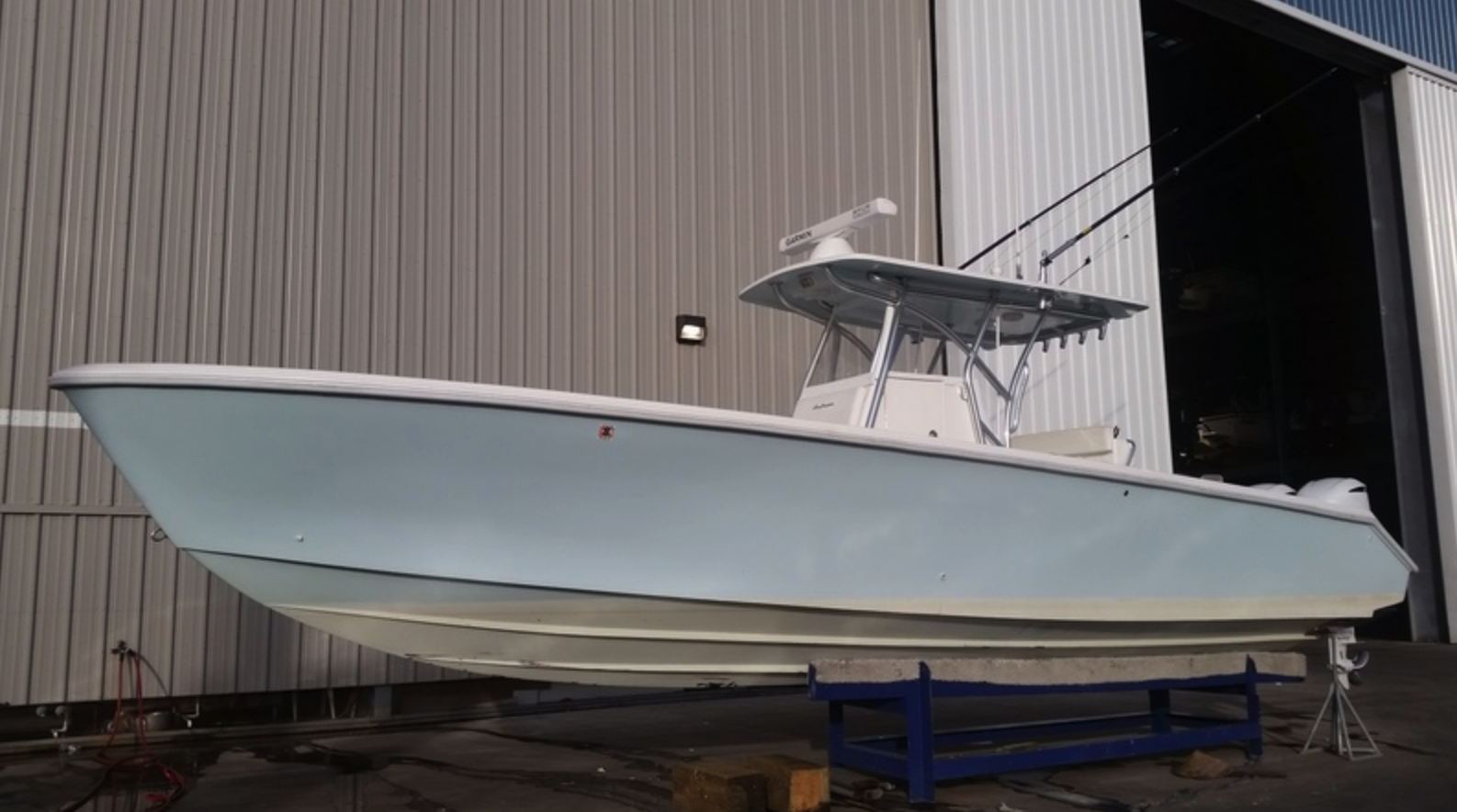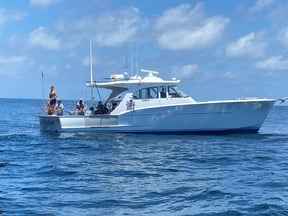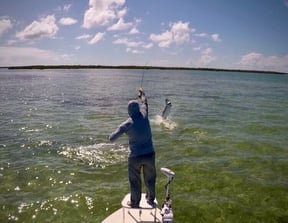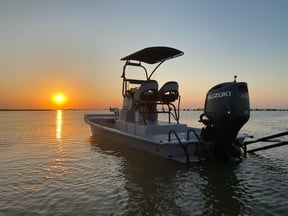Inshore, Flats Fishing in Chatham
Early Season Cape Cod Flyfishing
Early Season Striper 33’
Tuna Trip - 26' Regulator
West Bay Trip
Upper Galveston Bay Trip
Inshore, Nearshore Fishing in Galveston
22' Whaler Inshore
22' Whaler Inshore - Texas City
Galveston Inshore Trip
Nearshore, Jetty Fishing in Galveston
Bay And Jetty Fishing
Nearshore, Jetty Fishing in Galveston
Shark And Bull Drum Trip
We started Captain Experiences to make it easy to book fishing and hunting guides around the world. With over 2,000 Damn Good Guides, our platform makes finding and booking a trip seamless. Head here to check out our trips.
Navigating the used boat market can be as challenging as steering through turbulent waters. As thrilling as the prospect of owning a boat might be, it's essential to approach the purchase with diligence. To help you sail smoothly through this process, we've compiled a comprehensive guide to the top ten things you should look for when buying a used boat.

1. Hull Integrity
The hull is often seen as the boat's first line of defense against the elements. Its condition can provide valuable insights into the boat's history and potential future problems.
-
Visual Examination: While superficial scratches might be acceptable, deep gouges or cracks can signal structural issues. These damages, especially below the waterline, can lead to significant problems in the future.
-
Blisters: These small, bubble-like protrusions on the hull can indicate water infiltration. Although they can be repaired, their presence may suggest other underlying issues.
2. Engine's Health
The engine is undeniably the most crucial component of any boat. Its performance and condition will play a significant role in your overall boating experience.
-
Cold Starts: This test allows you to observe the engine's behavior without any prior running on that day. Listen for any hesitations or irregular sounds.
-
Age and Usage: An older engine isn't necessarily a bad purchase, but one with excessive hours might hint at nearing its lifespan's end. Ensure you weigh the age against its maintenance history.
3. Service and Maintenance History
Just as with cars, a boat's maintenance record offers a chronological insight into its care and any recurring issues.
-
Consistency is Key: Regular intervals of oil changes, tune-ups, and other services suggest a proactive approach to the boat's care.
-
Inconsistencies: Periods without any service records can be red flags. They may indicate neglect or a potential problem that went unaddressed.
4. Bilge's Condition
Though often overlooked, the bilge can be quite telling of a boat's condition and its owner's care level.
- Cleanliness: A well-maintained bilge should be clean and mostly dry. This area is a common ground for water accumulation, so its condition can provide insights into potential leakage or drainage issues.
5. Electrical and Onboard Systems
A boat is more than just its engine and hull; its onboard electronics play a pivotal role in modern boating experiences.
- Functionality: Systems like GPS, radios, lighting, and other dashboard controls should be in working order. Malfunctions in these areas can be a hassle to repair and could hint at larger, more complex issues.
6. Interior and Upholstery
The boat's interior speaks to both its aesthetic appeal and its functionality.
-
Material Condition: Over time, boat interiors, especially those left uncovered or in the sun, can suffer from UV damage. This manifests as discoloration, brittleness, or even disintegration of fabrics.
-
Mold and Mildew: These not only pose a health risk but can also be challenging to eradicate completely. Their presence might also indicate water retention or leakage issues within the boat.
7. Steering Fluidity
The boat's steering mechanism, whether it's a wheel or a tiller, should operate smoothly.
- Responsiveness: If there's a noticeable delay or stiffness in the steering's response, it can suggest issues ranging from simple lubrication needs to more significant problems with the boat's rudder or steering mechanism.
8. Safety Gear Condition
No boat, regardless of its condition, is a good purchase if it compromises your safety.
-
Equipment Check: Life vests should be free from damage, fire extinguishers should be within their operational dates, and emergency flares should be present and functional.
-
Additional Gear: It’s also wise to ensure other safety equipment, like first aid kits, are available and stocked.
9. The Trailer's Status
If your boat purchase includes a trailer, its condition is equally vital.
-
Physical Examination: Check for any signs of rust, especially in joints and welds. These areas, if weakened, can pose significant risks during transport.
-
Functional Tests: Ensure the trailer's lights, brakes, and other mechanisms work correctly. Remember, you'll be towing a substantial weight, so safety is paramount.
10. Rigging and Sails (For Sailboats)
If you're considering a sailboat, the rigging and sails are paramount to the vessel's performance and safety.
-
Rigging Inspection: Over time, the metal parts of the rigging can fatigue, especially at connection points. Look for any signs of rust, corrosion, or deformation. Turnbuckles should be secure, and the mast should be straight without any bends or kinks.
-
Sail Examination: Inspect the sails for any tears, stains, or areas of wear, especially near the seams. A sail that's been exposed to prolonged UV rays can become brittle and might be due for replacement soon. Check the sail's stitching and ensure the material still feels robust.
Invest in a Professional Marine Survey: An Expert's Touch
As thorough as you might be, there's a level of expertise that comes with professional marine surveyors.
Enlisting the help of a professional can save you time, money and energy in the long run. They'll provide a detailed report, ensuring you're aware of the boat's condition inside out. This can be invaluable, especially for those less familiar with the intricate aspects of boat mechanics.
To find the best local surveyor in your area, use a site like Boat Planet to connect and hire the best local boat professionals in area.
Jake Lane
Updated on November 7, 2024

June 22, 2022

October 26, 2020

January 19, 2021
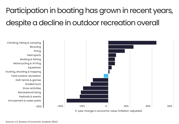
June 28, 2023

May 13, 2024
Related Articles
April 24, 2023
April 15, 2022
January 7, 2022
Featured Locations
- Fishing Charters Near Me
- Austin Fishing Guides
- Biloxi Fishing Charters
- Bradenton Fishing Charters
- Cabo San Lucas Fishing Charters
- Cancun Fishing Charters
- Cape Coral Fishing Charters
- Charleston Fishing Charters
- Clearwater Fishing Charters
- Corpus Christi Fishing Charters
- Crystal River Fishing Charters
- Dauphin Island Fishing Charters
- Daytona Beach Fishing Charters
- Destin Fishing Charters
- Fort Lauderdale Fishing Charters
- Fort Myers Fishing Charters
- Fort Walton Beach Fishing Charters
- Galveston Fishing Charters
- Gulf Shores Fishing Charters
- Hatteras Fishing Charters
- Hilton Head Fishing Charters
- Islamorada Fishing Charters
- Jacksonville Fishing Charters
- Jupiter Fishing Charters
- Key Largo Fishing Charters
- Key West Fishing Charters
- Kona Fishing Charters
- Lakeside Marblehead Fishing Charters
- Marathon Fishing Charters
- Marco Island Fishing Charters
- Miami Fishing Charters
- Montauk Fishing Charters
- Morehead City Fishing Charters
- Naples Fishing Charters
- New Orleans Fishing Charters
- New Smyrna Beach Fishing Charters
- Ocean City Fishing Charters
- Orange Beach Fishing Charters
- Panama City Beach Fishing Charters
- Pensacola Fishing Charters
- Pompano Beach Fishing Charters
- Port Aransas Fishing Charters
- Port Orange Fishing Charters
- Rockport Fishing Charters
- San Diego Fishing Charters
- San Juan Fishing Charters
- Sarasota Fishing Charters
- South Padre Island Fishing Charters
- St. Augustine Fishing Charters
- St. Petersburg Fishing Charters
- Tampa Fishing Charters
- Tarpon Springs Fishing Charters
- Venice Fishing Charters
- Virginia Beach Fishing Charters
- West Palm Beach Fishing Charters
- Wilmington Fishing Charters
- Wrightsville Beach Fishing Charters
